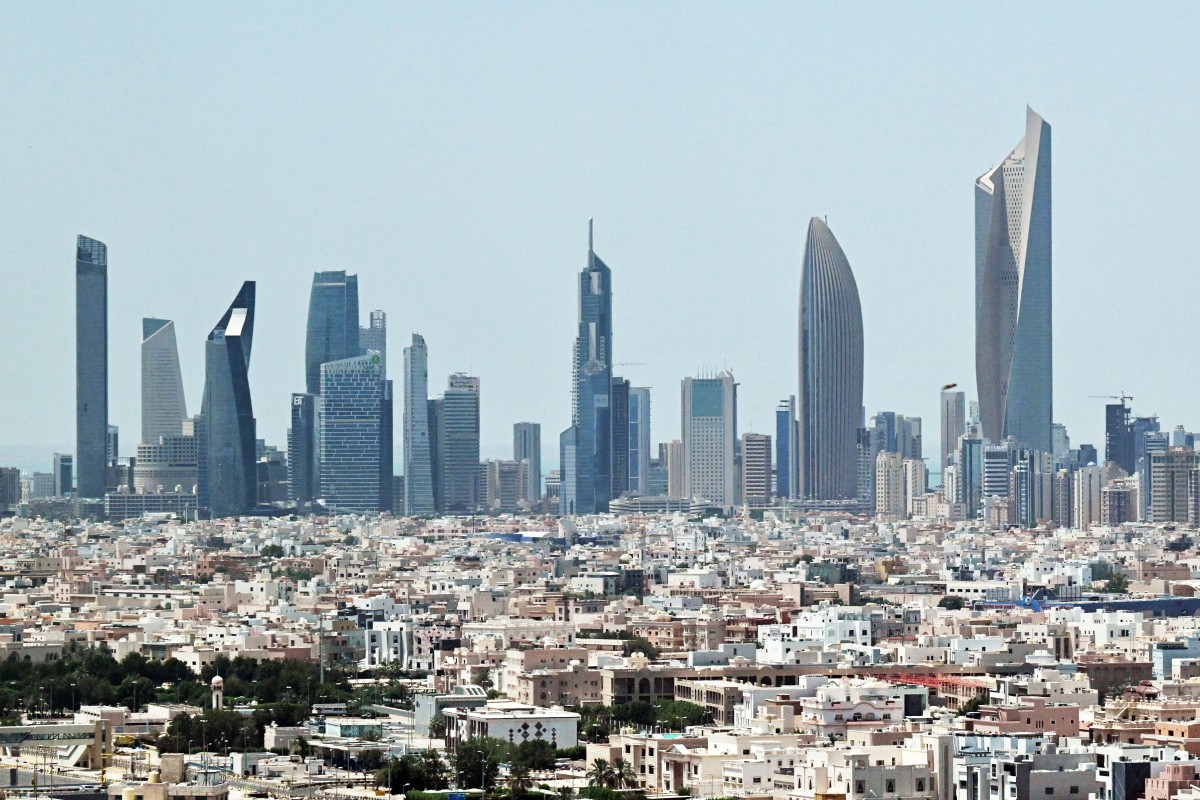Kuwait City, Kuwait – Kuwait’s emir on Friday dissolved parliament and assumed some government duties barely six weeks after elections in the wealthy Gulf oil state that has seen repeated political crises, state media reported.
The Kuwait News Agency (KUNA) said “an emiri order was issued to dissolve the national assembly and suspend some articles of the constitution for a period not exceeding four years.”
It said the emir, Sheikh Meshaal Al-Ahmad Al-Jaber Al-Sabah, and the council of ministers were “assuming the powers granted to the national assembly”.
The state’s ruler attributed his move to the “interference” of some MPs in the emir’s powers and others imposing “conditions” on helping to form a government.
“We have faced difficulties and obstacles that cannot be tolerated,” he said in a speech broadcast on state television.
He accused some lawmakers of “going as far as to interfere in the heart of the prince’s powers and his choice of his crown prince, forgetting that this is an explicit constitutional right of the prince.”
Parliament, elected in early April, was to meet for the first time on Monday. But a number of MPs have refused to participate in the government.
Kuwait’s constitution requires that at least one deputy hold a ministerial portfolio until the government formation is completed. But the prime minister-designate has been unable to convince any lawmaker to take part.
Sheikh Meshaal said the failure to form a government was the result of “the dictates and conditions of some” lawmakers.
Badr al-Saif, a Kuwait University political analyst wrote on X, the former Twitter, that the emir had taken a “historic step”, only seen before in Kuwait in 1976 and 1986.
Kuwait has seen constant disputes between its elected lawmakers and cabinets that are named by the ruling Al-Sabah family. The Al-Sabahs maintain a strong grip on political power, despite a parliamentary system that has been in place since 1962.
The deadlocks have prevented parliament from passing reforms to diversify the oil-dependent economy, while repeated budget deficits and low foreign investment have added to Kuwait’s troubles.








